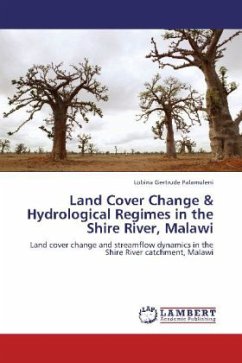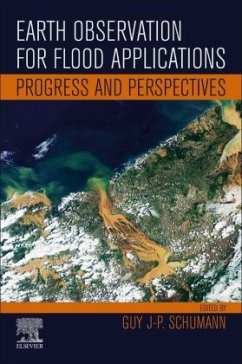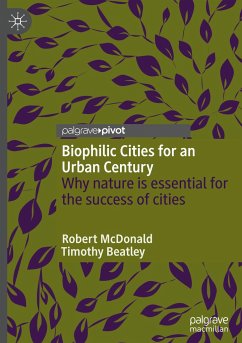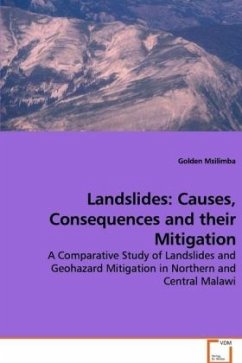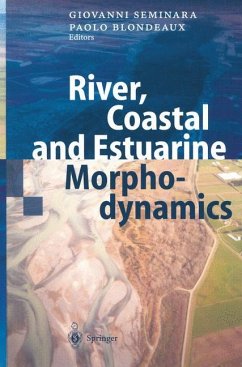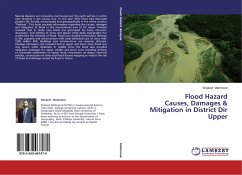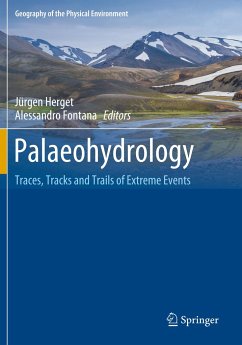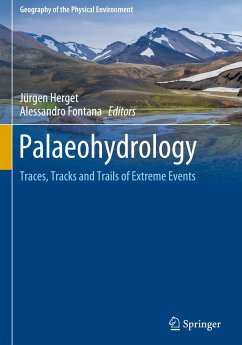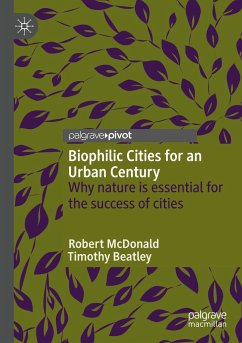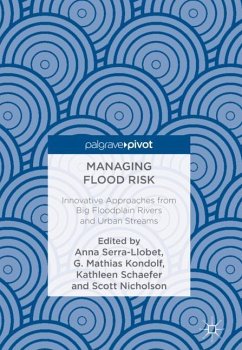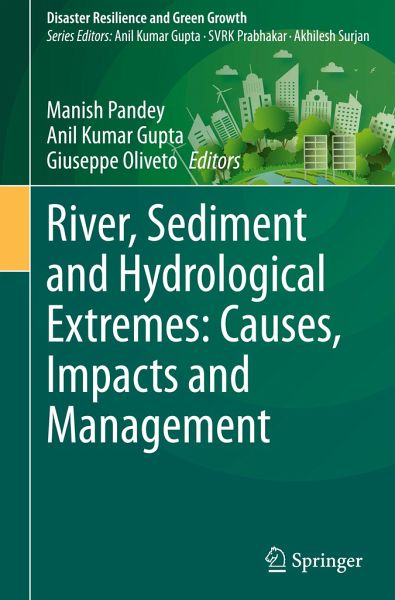
River, Sediment and Hydrological Extremes: Causes, Impacts and Management

PAYBACK Punkte
95 °P sammeln!
This edited book provides a platform for knowledge sharing in all areas related to the rivers, sediment and hydrological extremes. It explains the hypothesis that river flow and sediment transport are intimately linked to erosion, scour and sediment deposition. Sediment transport, erosion and deposition are driven by local base-level changes and are highly variable in space and time. These concepts have serious implication for understanding the recent development of the River, Sediment and Hydrological Extremes.The natural hazards posed by hydrologic events and river systems depend on the unce...
This edited book provides a platform for knowledge sharing in all areas related to the rivers, sediment and hydrological extremes. It explains the hypothesis that river flow and sediment transport are intimately linked to erosion, scour and sediment deposition. Sediment transport, erosion and deposition are driven by local base-level changes and are highly variable in space and time. These concepts have serious implication for understanding the recent development of the River, Sediment and Hydrological Extremes.
The natural hazards posed by hydrologic events and river systems depend on the uncertainty of hydrological events. This ability is affected by change in climatic conditions. Climate change studies have revealed that the frequency of extreme weather phenomena with increasing damage to human assets has gradually grown worldwide. As a consequence, rainfall events concentrated in time and space are expected to lead to serious local flooding and sediment transport in manyparts of the world. Floods are remarkable hydro-meteorological phenomena and forceful agents of geomorphic evolution in most physical geographical belts and, from the viewpoint of human society, among the most important environmental hazards. According to the Indian Environment Agency, floods rank as number one on the list of natural disasters in India over the past decade.
This book is an attempt to fill the gap in literature and bring forth evidence based latest research about precise estimation of erosion and scour, which is essential to reduce the hazards. The book explains that lack of preparedness and appropriate adaptation strategy makes people more risk-prone. It highlights the vulnerability in South Asia region about the impacts of flood, sediments, and river hazards because a large portion of its population depends on sensitive sectors like agriculture and forestry for livelihoods and several other reasons.
The book is relevant for academician, researchers andstudents of disaster management, hydrology and ecology.
The natural hazards posed by hydrologic events and river systems depend on the uncertainty of hydrological events. This ability is affected by change in climatic conditions. Climate change studies have revealed that the frequency of extreme weather phenomena with increasing damage to human assets has gradually grown worldwide. As a consequence, rainfall events concentrated in time and space are expected to lead to serious local flooding and sediment transport in manyparts of the world. Floods are remarkable hydro-meteorological phenomena and forceful agents of geomorphic evolution in most physical geographical belts and, from the viewpoint of human society, among the most important environmental hazards. According to the Indian Environment Agency, floods rank as number one on the list of natural disasters in India over the past decade.
This book is an attempt to fill the gap in literature and bring forth evidence based latest research about precise estimation of erosion and scour, which is essential to reduce the hazards. The book explains that lack of preparedness and appropriate adaptation strategy makes people more risk-prone. It highlights the vulnerability in South Asia region about the impacts of flood, sediments, and river hazards because a large portion of its population depends on sensitive sectors like agriculture and forestry for livelihoods and several other reasons.
The book is relevant for academician, researchers andstudents of disaster management, hydrology and ecology.





